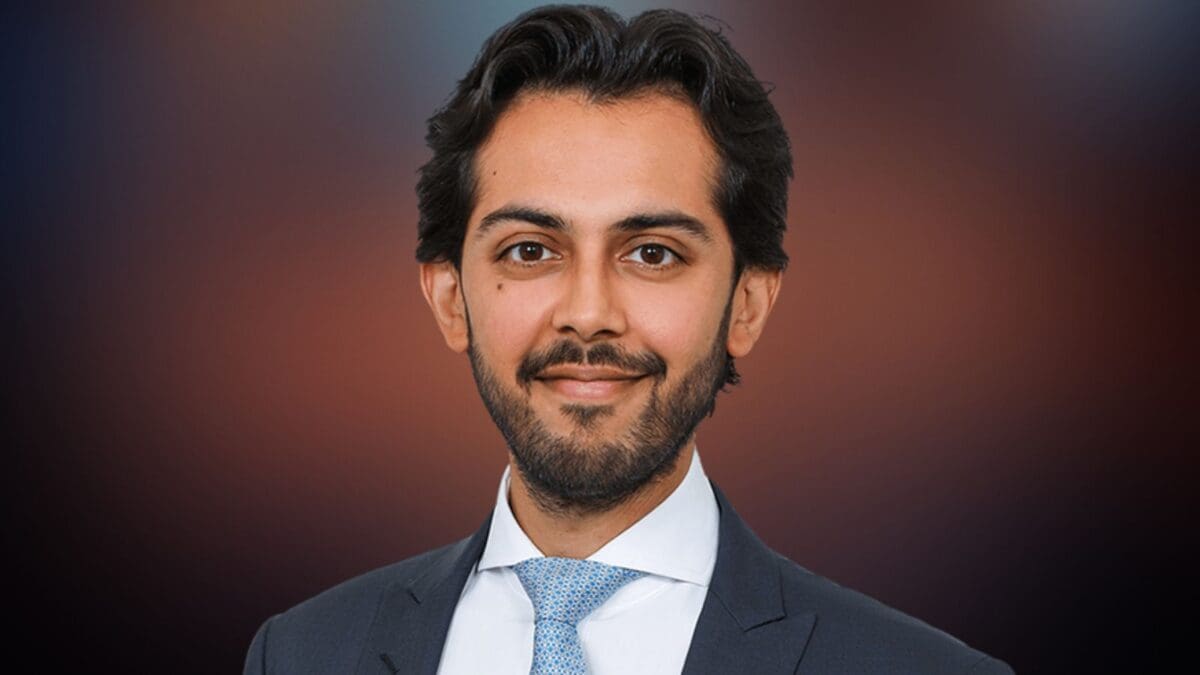Why it’s time to look beyond ‘terrible’ China performance
Emerging market (EM) returns have been relatively strong, according to Ninety One, but it’s been difficult to see that strength past regulatory and economic ructions in China, the world’s growth engine and the largest component of indices for the EM set.
“You invest in emerging markets because the theory tells says you get three things: diversification in your book, the availability of a higher risk premium, and scope for higher economic growth that translates into higher earnings growth at a corporate level,” Varun Laijawalla, co-portfolio manager for Ninety One’s emerging markets equity and emerging markets ex China strategies, tells ISN.
“That’s the theory; the practice has looked very different over the last decade.”
What worked in practice, over the last 10 years, was putting 100 per cent of your money in the S&P and going to sleep, Laijawalla says, and it’s very difficult to be “evangelistic” about EM returns. But while looking in the rearview mirror will give investors plenty to worry about, looking out the windshield is different.
“I think there’s a realisation around the relative value between developed and emerging markets – that spread is opening up to multi-year highs,” Laijawalla says.
And beyond the valuation argument, there’s a lot changing for emerging markets; some of it is cyclical, some of it is structural. One cyclical change is that emerging markets have been more conventional in their monetary policy – real rates in places like Mexico and Brazil are six and seven per cent respectively – and are now in a position to cut rates if they need to.
But it’s impossible to talk about the EM set without talking about China, even as its weight in the benchmark shrinks daily. China has been “terrible – there’s no other way to cut it”.
“You look at the beta of the asset class last year, EM including China,” Laijawalla says. “EM was up 10 per cent and China was down 10 per cent. You look at the beta of EM ex-China and that was 20 per cent. You look at the Beta of MSCI ACWI developed markets, it was 22 per cent – that’s got the Magnificent Seven in it. EM ex-China was able to hold its own.”
“The big drag for EM over the last decade was net issuance or dilution. In China, revenue growth was fine, but the dilution drag was enormous. What’s hurt EM is China, and what’s hurt China is dilution.
The two consensus trades in EM today are a bullish bet on India and a bearish underweight to China, and that’s for good reason. India is growing very, very strongly and while Prime Minister Narendra Modi might not always achieve what he wants to achieve, it’s clear what he wants to achieve.
“That economic reform agenda is slapped up against the wall at every point; he telegraphs it at every opportunity.”
The same is not true of China, where the Ninety One fund has always been cautious. But if policy stopped “turning on a sixpence”, it might be possible for investors to come to grips with it.
“China’s devoid of growth and deserves a lower multiple, and the certainty of the growth is low as well, because the certainty of where policy is going under Xi Jingping is unknown to anybody but Xi Jinping.
“I’d change my view on China that at least one of those things is changing: either the growth is coming back, which could be a function of stimulus or better consumer spending or the policy certainty is changing. And that certainty is a trickier one, because that speaks to the feedback mechanism in how Xi Jingping governs that hasn’t really been around.”










